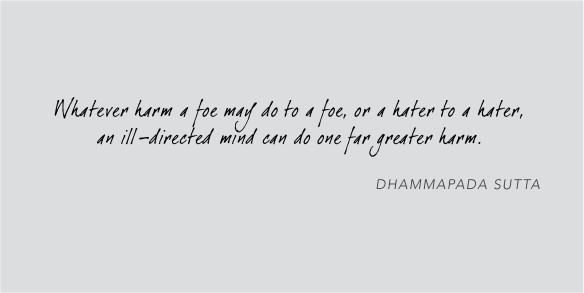
On May 2, 2011, thousands of Americans poured into the streets of New York and Washington, DC dancing and cheering. What was their cause for celebration? They were rejoicing and celebrating at the news of the death of Osama bin Laden (McKellogg 2011).
President Obama, in his address to the Nation that day, said, “…this is a good and historic day for both of our nations.”
As I reflected upon hearing this news, I had these few thoughts…. Regardless of how heinous a person may be, should we ever rejoice in his/her death?
As I reflected upon hearing this news, I had these few thoughts. When does the death of another human being or even another living creature deserve celebration? Is it really a “good day” when we hear of someone’s death? Regardless of how heinous a person may be, should we ever rejoice in his/her death?
It is undeniable that Osama bin Laden was responsible for the death of many innocent Americans with the attack of the World Trade Center on September 11, 2001. He caused much pain and suffering for the 9/11 survivors and the relatives of the deceased, and it is only natural that they will have thoughts of anger, hatred, and ill-will towards him. However natural these emotions may be, we should recognize that these emotions are most destructive and harmful, not to Osama bin Laden, but to oneself. As Dhammapada Sutta states, “Whatever harm a foe may do to a foe, or a hater to a hater, an ill-directed mind can do one far greater harm” [Cittavagga: The Mind, Dhp 42]
In harboring these negative emotions and feelings, one does the most harm to oneself. We defile our pure, bright, good nature with these negative thoughts.
In harboring these negative emotions and feelings, one does the most harm to oneself. We defile our pure, bright, good nature with these negative thoughts. In the Proverbs, there is a passage that reminds us, “Do not rejoice when your enemies fall, and do not let your heart be glad when they stumble” [Proverbs 24:17]. It is precisely because we stain and defile our wholesome nature when we allow our minds to succumb to our darker side. One of the core beliefs in Buddhism is that all living beings have the Buddha nature and that we all have the potential to become fully awakened. We can all realize the highest state of wisdom, compassion and kindness. It is only because our true, bright nature is covered by filth and defilement that we are unable to become fully awakened.

“Since wars begin in the minds of men, it is in the minds of men that defenses of peace must be constructed.”
Instead of tormenting ourselves with thoughts of vengeance, revenge, and justice, let us aspire to achieve our highest state of wisdom and compassion. In letting go of negative emotions and feelings, we can return to our haven of peace, tranquility, and joy. We can also reflect and ponder these words, “Since wars begin in the minds of men, it is in the minds of men that defenses of peace must be constructed” (Guruge 2010). Hence, instead of celebrating death and destruction, we can put forth our best efforts to construct a peaceful and tranquil world and abide in the eternal joy that is within.
Fortunately, there is a bit of hope. The Public Religion Research Institute (2011) released the findings from a survey taken days after the killing of bin Laden and found that, “62% of Americans agree it is wrong to celebrate the death of another human being, no matter how bad that person was. Additionally, 49% of Americans agree that the use of torture against suspected terrorists in order to gain important information is never justified.” This provides some solace that the kind, compassionate, wholesome nature that is within all of us is not completely lost and buried by the violence in this world.
